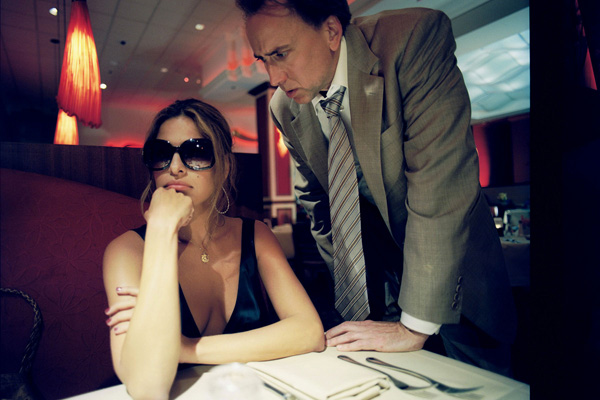Ron Howard is 56 years old. He played Oppie in The Andy Griffith Show and Richie Cunningham in Happy Days, he also happens to be a very capable director. With several Oscar Nominations under his belt and one win he has proven that just because more people know you as "Oppie" or "Richie" than your real name means nothing.
His 2001 film, A Beautiful Mind, is his Oscar darling, it may not go down as his masterpiece, but its the one that got him the hardware. It follows the life and hardships of Nobel Prize Winning economist and mathematician, John Nash. Played by Australian hot-head Russell Crowe, in one of the finer moments of a very solid career. The film is not perfect, as so few films are, but it has a heart, and her name is Jennifer Connelly. At the center of all of Nash's problems is the fact that he can't just be a menace to himself, because he has a wife that loves him more than she can figure out the reason for.
The chemistry between Crowe and Connelly with the direction of Howard and the graceful writing of Akiva Goldsman create a very good film. It is not, however, the cinematic achievement that I want to talk about. At the true center of this film is a nugget of fearful truth. The film faces mental illness in a way that few films do, and love in the face of illness. The quality of a woman who loves her man in the face of adversity and stays by his side through one of the hardest situations that a person can be put through. So, while there is some legitimate criticism about this film, manipulation of the audience, etc from a cinematic perspective. Its true. It is a flawed film. That being said, most films are flawed, there is a rare gem of perfection. But its what this film shows us about love and family and illness that makes it a picture worth watching and remembering.
BLAST OF SILENCE (1961) Directed by Allen Baron
7 years ago







